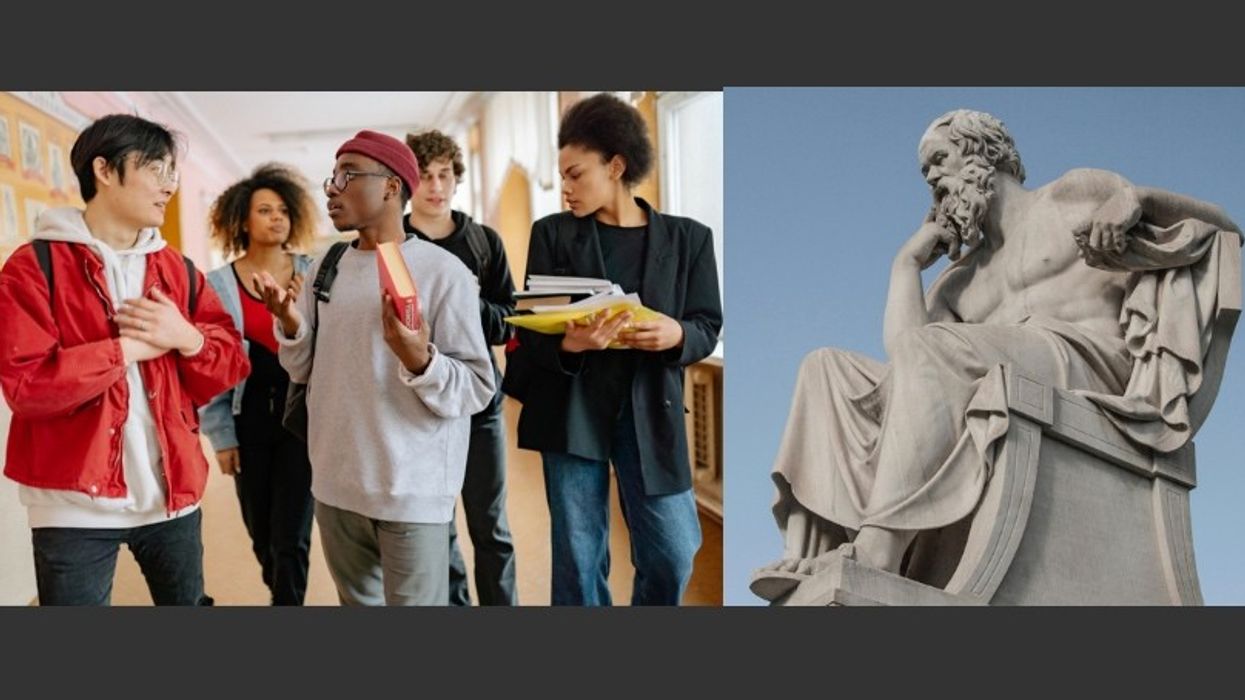Sunday night in Rio, Algeria’s Abdellatif Baka took home gold in the T13 class 1500-meter final, narrowly edging out Ethiopia’s Tamiru Demisse and Kenya’s Henry Kirwa. All three runners (along with the fourth-place finisher, Abdellatif’s brother Fouad) finished the race faster than any athlete at last month’s Olympic Games.
Abdellatif Baka, 22, clocked a Paralympic world record time of three minutes and 48.29 seconds—more than a second faster than Matthew Centrowitz’s winning time in the Olympic men’s 1500m in August. This was Baka’s second Paralympics; as a teenager in London, he won gold in the 800m.
The T13 class of competition is for visually impaired athletes with limited vision, which the International Paralympic Committee defines as a “visual field of less than 20 degrees.” By another standard, T13 athletes have “no more than 10 percent functional vision.”
In other words, Baka is mostly blind. His 1500m gold medal performance also set a personal record.
“It wasn't easy to get this gold medal,” Baka says. “I’ve been working one or two years non-stop and it’s been very, very hard for me.”






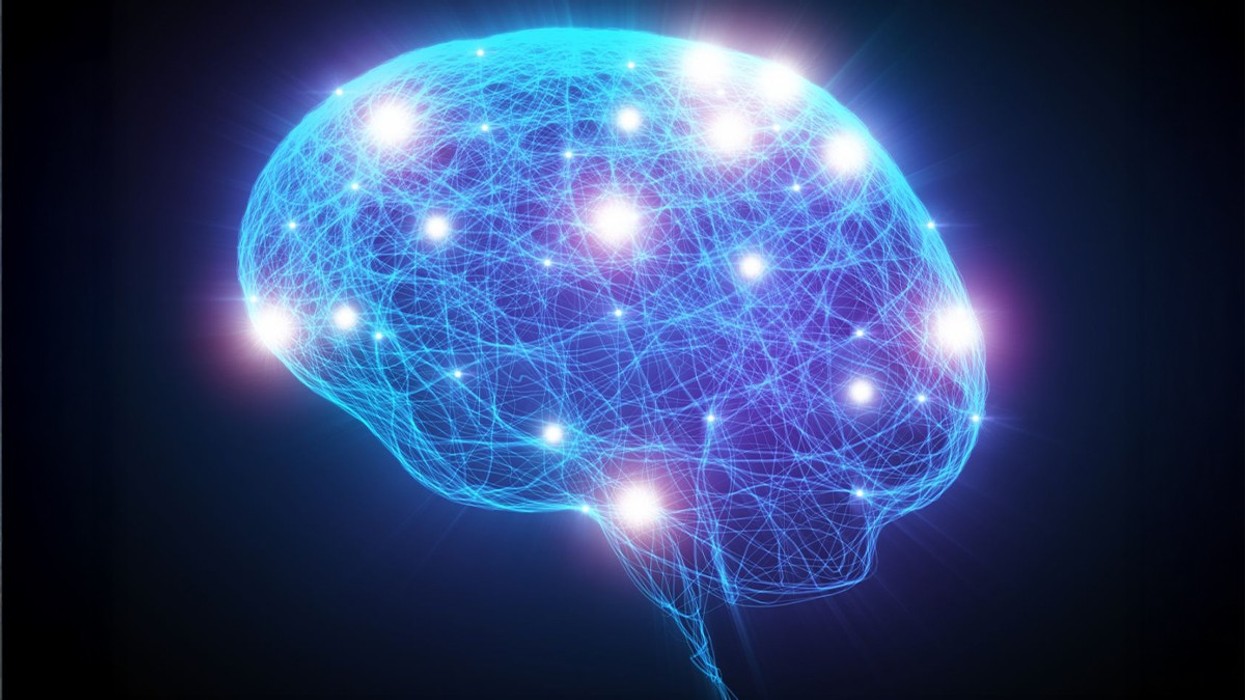

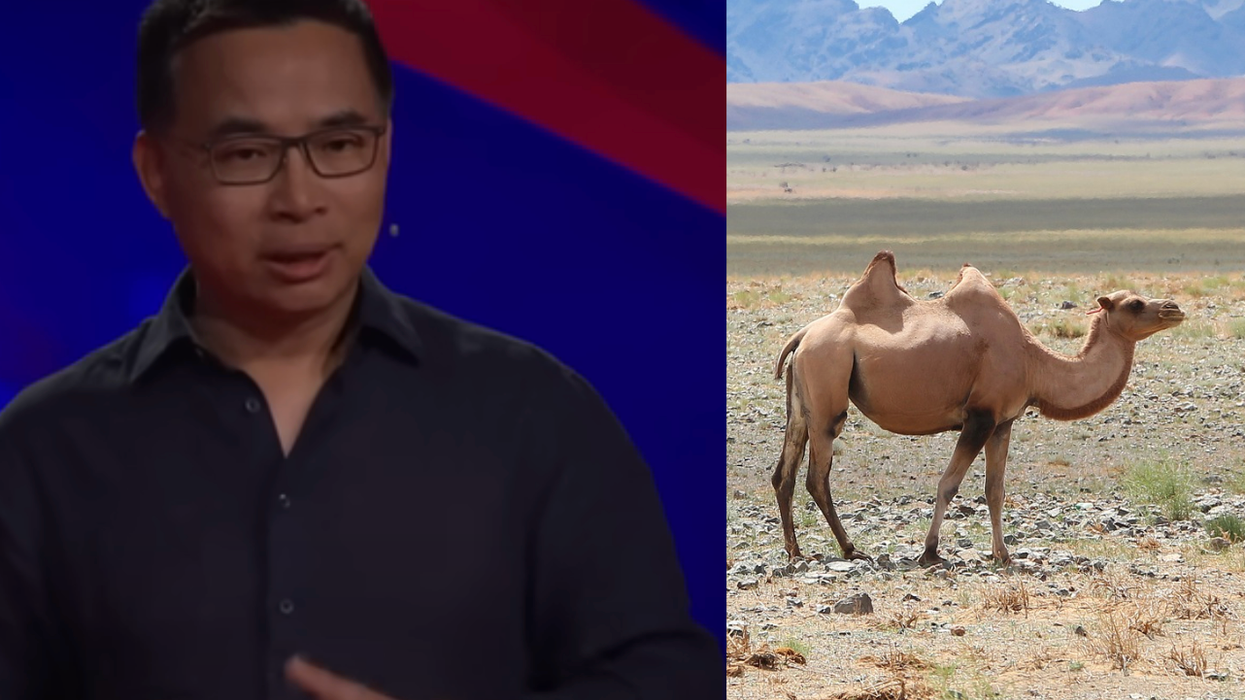

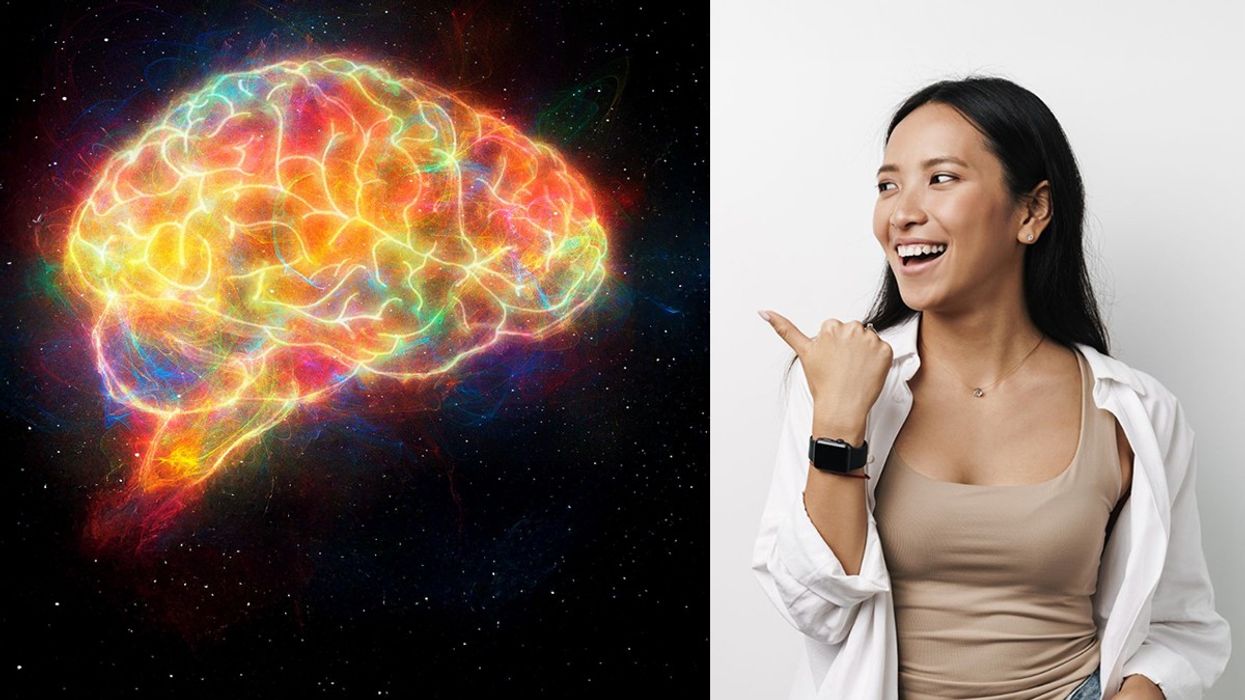


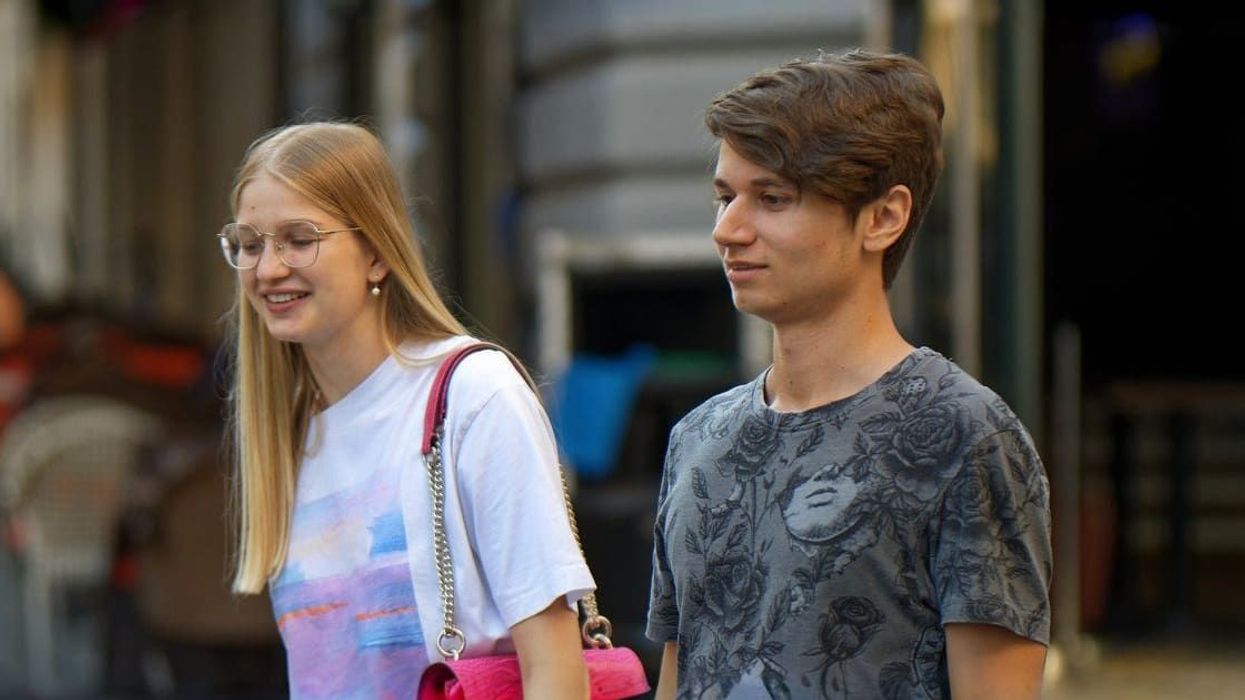
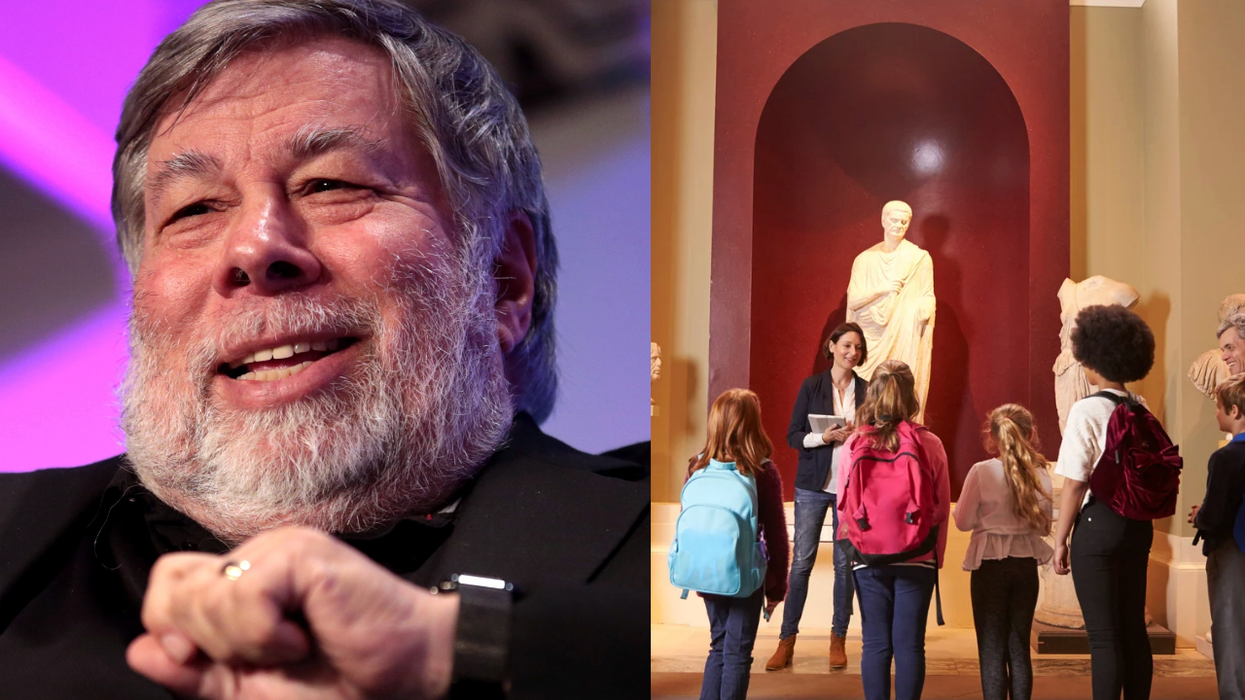

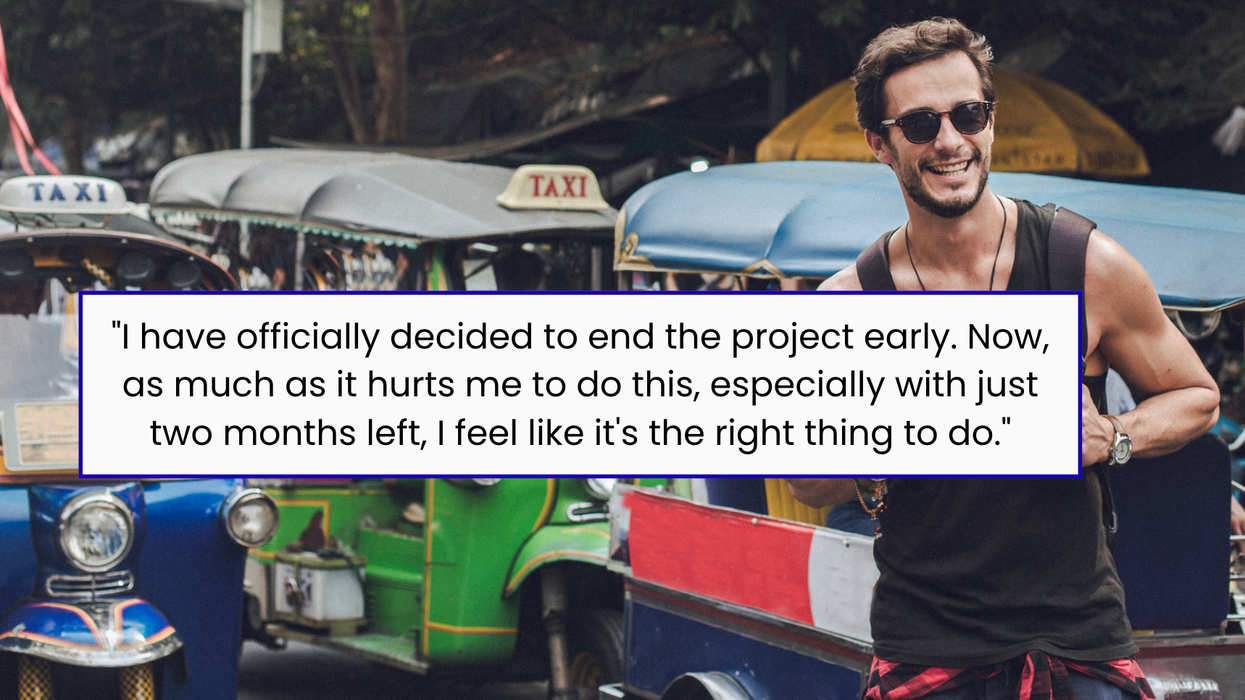
 An RV roams the countrysideCanva
An RV roams the countrysideCanva
 A group of young dancers line upCanva
A group of young dancers line upCanva A woman with a skin condition looks at her armCanva
A woman with a skin condition looks at her armCanva
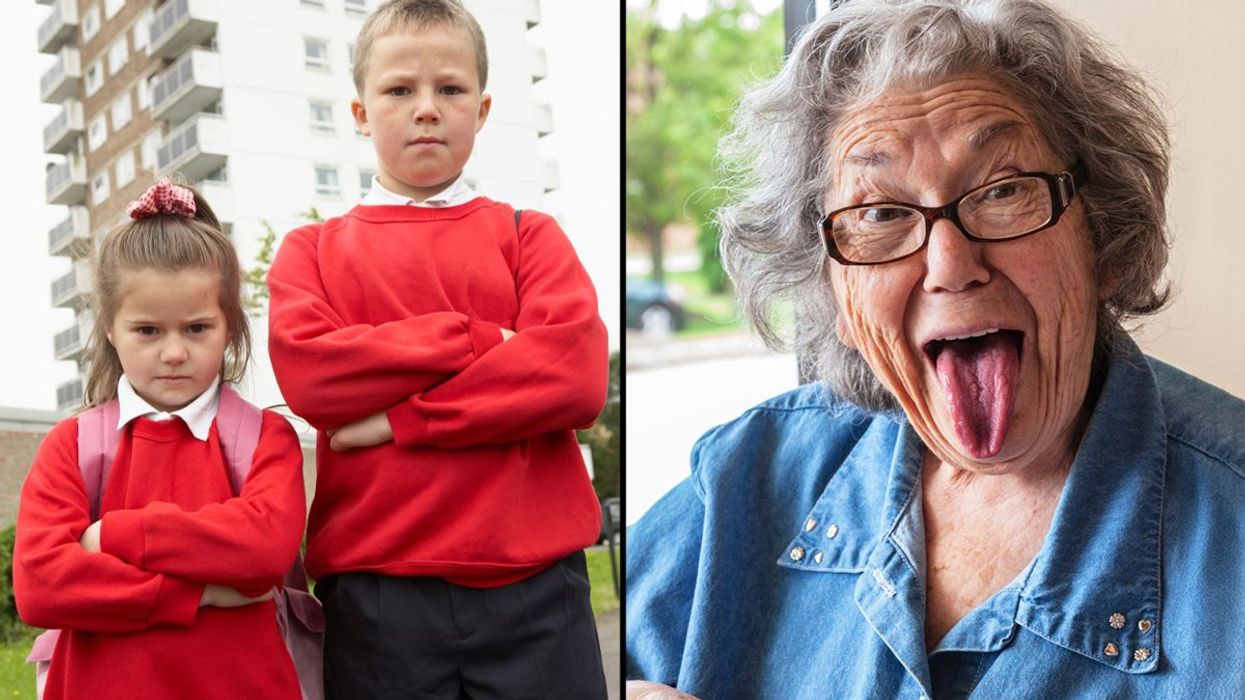
 Students at a table.Image via
Students at a table.Image via 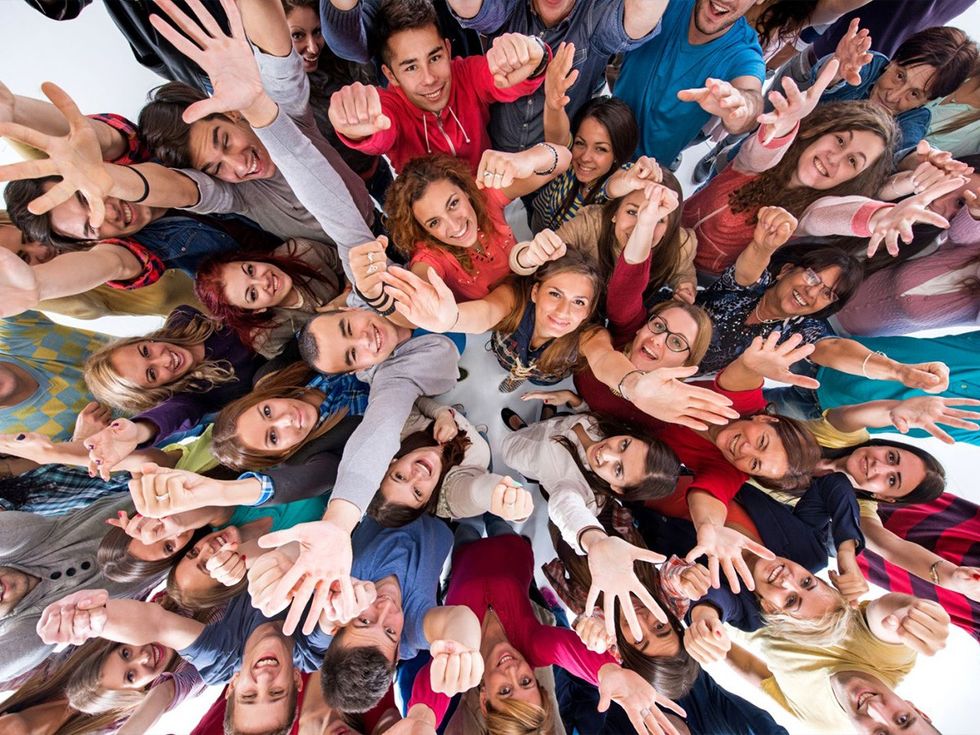 Cheerful group of mixed-age people.Image via
Cheerful group of mixed-age people.Image via  Cool Boomer.Image via
Cool Boomer.Image via 
 An envelope filled with cashCanva
An envelope filled with cashCanva A server takes an orderCanva
A server takes an orderCanva A wait staff hangs out between shiftsCanva
A wait staff hangs out between shiftsCanva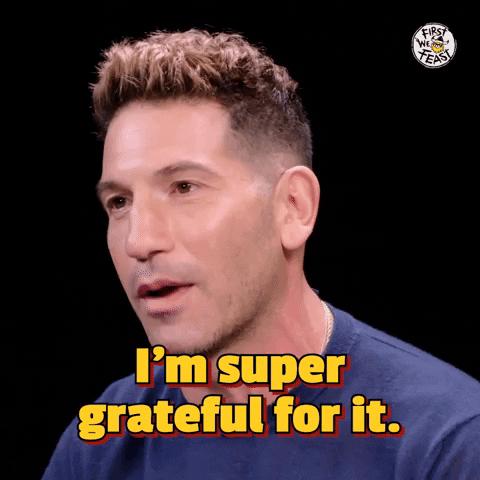 Grateful gif
Grateful gif 